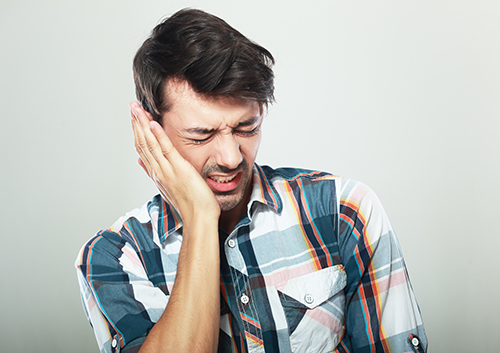Dental Emergencies while Traveling
October 21st, 2020

You’ve planned your dream vacation. Your reservations are made. You’re packed and ready. You’ve even scheduled a dental checkup at our Green Bay, WI office to make sure you catch any potential problems, have finished any major work, and have an up-to-date chart.
But things don’t always go according to even the best of plans. So, what to do if you find you have a dental emergency while traveling? Dr. Kirk Fishbaugh and our team have some recommendations for problems that might arise.
- Toothache—Rinse your mouth with warm water and use dental floss to remove any food particles. Never put aspirin directly on a tooth or gum tissue. If the pain persists, call a dentist.
- Cracked or broken tooth—Immediately rinse with warm water to clean the area and apply cold compresses to the face to minimize swelling. Get in touch with a dentist.
- If you lose a tooth—Keep the tooth moist at all times. Put the tooth back in the socket without touching the root if possible. If that is not an option, place the tooth between the cheek and gums or in milk. See a dentist as soon as possible.
Know where to get help if you need it! If you are traveling in the United States, the American Dental Association offers Find-a-Dentist, a website that can locate a member dentist closest to you. If you are traveling to another country, there are steps you can take to prepare for an emergency.
- If you are out of the country and need to locate a dentist, your local embassy or consulate, your hotel concierge, or friends abroad can be a useful resource.
- Before you go, check your insurance to see if you are covered while traveling.
- If you have travel insurance, find out if it covers dental treatment and can provide information on qualified local dentists and translation help, if necessary.
- Good dental care is available in many areas internationally, but it is important to know what standards are present in the countries you plan to visit. The Organization for Safety and Asepsis Procedures offers a checklist for safe treatment in their “Traveler’s Guide to Safe Dental Care.”
If you have any questions, Dr. Kirk Fishbaugh and our team are happy to do all we can to answer them. While it’s unlikely that problems will arise, we are always available if you need to contact our Green Bay, WI office. Bon voyage, and we look forward to hearing about your trip!


